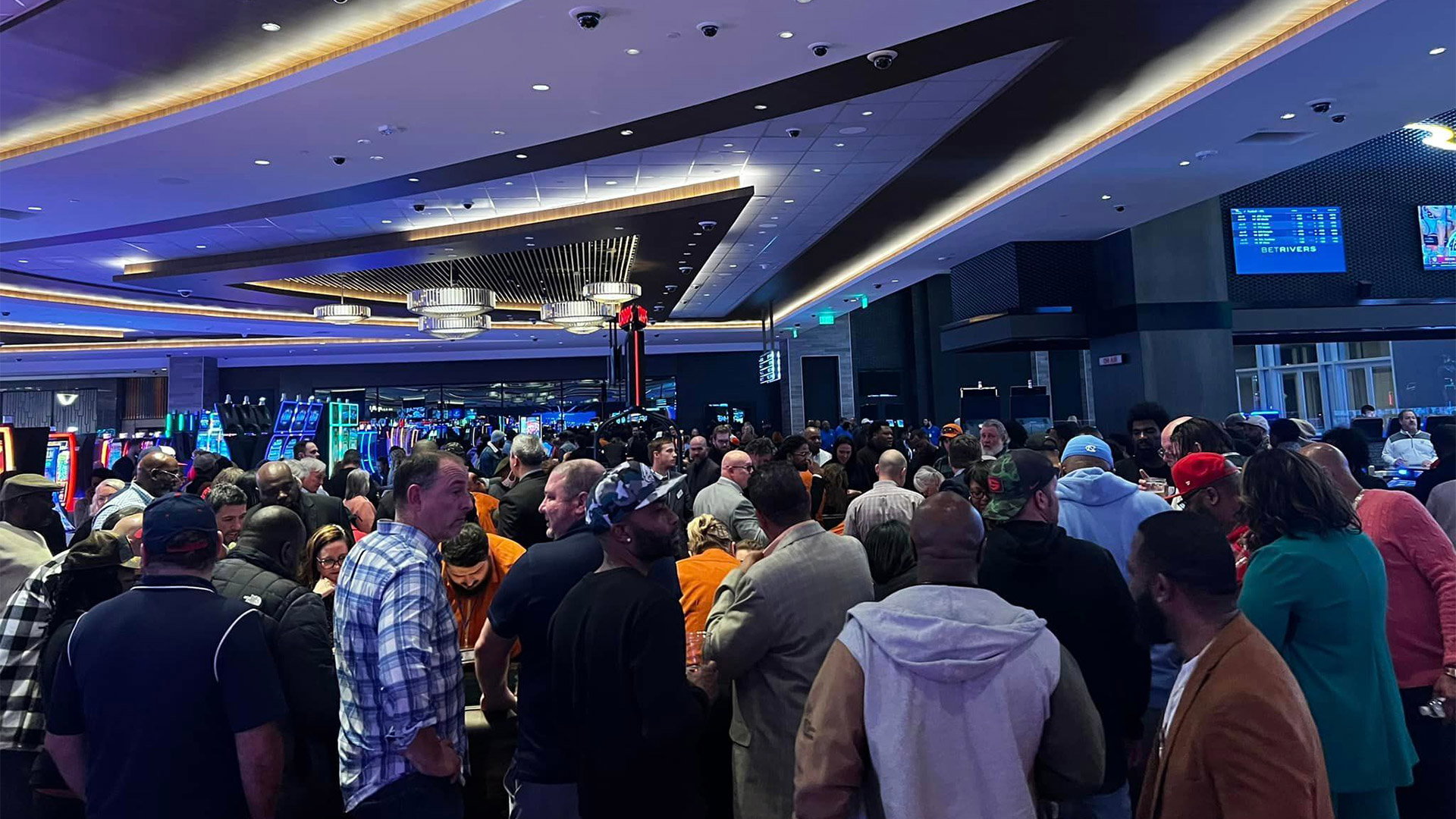Examining the Ethics of Gambling Casinos

Casino gaming has long been a subject of interest and debate, drawing in millions of players globally. With a blend of luck, strategy, and the excitement of uncertainty, casino games offer an exciting escape from everyday life. However, as entertainment becomes ever more available, it calls for a deeper examination of the ethical implications surrounding these games.
At the heart of the debate lies the issue of whether casinos promote responsible gaming or exploit at-risk individuals. The appeal of potential winnings versus the truth of losses can create a complex situation, and understanding this balance is essential for both players and operators. As we delve into the ethics of casino gaming, we will explore the duties of casinos, the effects on society, and the steps that can be taken to foster a healthier gaming environment.
The Impact of Casino Gaming on Society
Gambling in casinos has a notable influence on societal dynamics, affecting not only the economy but also interpersonal dynamics and community structures. The funds generated from casinos can lead to job creation and boost regional economies, as they provide various employment opportunities in different sectors including food and beverage, entertainment, and shopping. However, while the financial benefits can be substantial, communities often grapple with the potential negative impacts that arise from increased gambling activity.
Moreover, the presence of casinos can lead to an rise in gambling addiction, presenting serious challenges for individuals and families. casino online ohne Oasis The thrill of casino games can quickly transform into a habitual habit, affecting personal relationships and leading to monetary issues. Many players may find it difficult with the loss of control over their gambling behaviors, resulting in a need for community support services and help to address this increasing issue. The social cost of addiction can ripple through families and neighborhoods, creating an urgent need for responsible gaming initiatives.
In addition to the economic and social ramifications, casino gaming often showcases cultural attitudes towards uncertainty and leisure. It can encourage a sense of excitement and leisure, attracting tourists and boosting tourism. However, this allure may also conceal the wider implications of gambling as a form of entertainment, raising ethical questions about its promotion and availability. As communities weigh the benefits and disadvantages of casino gaming, the need for sensible approaches and oversight becomes increasingly critical in ensuring that the beneficial elements are enhanced while minimizing the potential harms.
Ethical Issues in Gambling Activities
The morality of gambling gaming often revolve around the risk for dependency and its effects on people and households. Betting can lead to serious financial distress, impacting not only the gamblers but also their loved ones. As people become entrapped in the allure of winning, many lose track of their budget, which can result in devastating results such as insolvency. This raises moral questions about the duty of gambling establishments in promoting safe gambling practices and providing support for those who may be dealing with gambling addiction.
Another major concern is the promotion of betting to at-risk groups. Casinos often target low-income people or neighborhoods with the promise of quick rewards, which can perpetuate patterns of poverty and despair. In this context, the ethics of advertising strategies used by gambling establishments come under scrutiny, as they may take advantage of the desperation of people seeking an escape from financial hardships. This manipulation raises ethical questions about the integrity of the gambling industry and its responsibility to protect its most vulnerable customers.
Additionally, the effect of gambling operations on society as a entirety cannot be overlooked. While some argue that casinos create employment and stimulate local economies, others point to the social costs associated with dysfunctional gambling, increased crime rates, and a burden on public services. Balancing economic benefits with the risk for social harm presents a complex moral dilemma for lawmakers and casino operators alike. The difficulty lies in finding a responsible approach that prioritizes the well-being of people and communities while still permitting for the pleasure of casino activities.
Regulatory Framework and Duties
The regulatory framework related to gambling activities is created to ensure equity, integrity, and gambler safety. Various government bodies and casino commissions set and implement regulations that dictate how gaming operations operate, the standards for product development, and the processes for processing rewards. These regulations change by locale but typically involve licensing requirements for businesses and stringent measures to prevent deception and dishonesty.
In furthermore to regulatory bodies, casino establishments bear significant accountability in maintaining ethical standards within their establishments. They must enforce responsible gaming practices that promote player security and consciousness, including offering self-ban options and providing information about the risks related to gambling. Casinos are also accountable for instructing workers to identify signs of difficult gaming and understand the proper measures to assist visitors in distress.
Moreover, transparency in gaming operations is vital for earning and maintaining public trust. Gaming establishments should present clear data about the probabilities of games, advertising opportunities, and any associated dangers. By fostering an culture of transparency and responsibility, casinos can help reduce the possible harmful impact of betting while improving the general gambling experience for all players.
